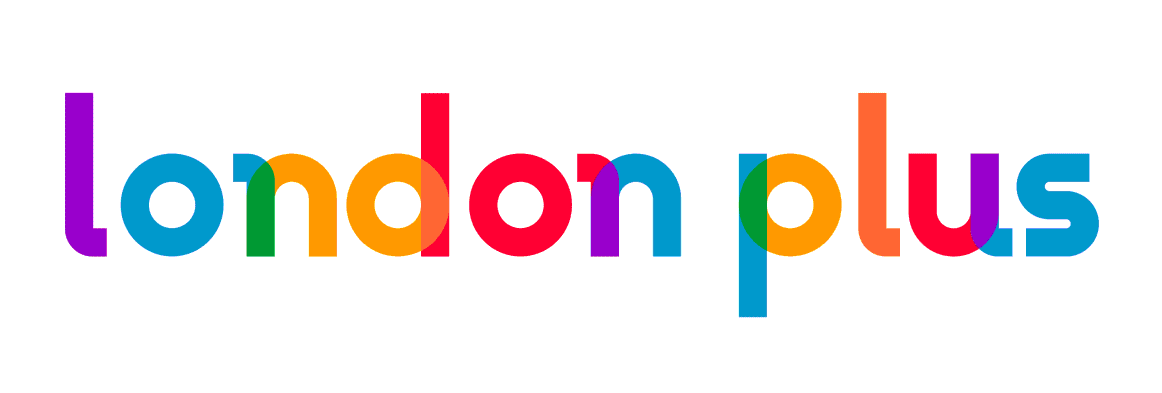Appropriate and accurate measurement of disabilities is integral to ensure that no one is discriminated against on the basis of their disability. Additionally, it can potentially lead to new insights into the specific barriers faced by deaf and disabled people. Our guide provides advice on the adoption and use of the recommended standards for the collection of equalities data about disability and impairment.
Who are the standards for?
The target audience of the data standards for the collection of disability and impairment monitoring information are:
- Staff working in civil society organisations who:
- Recruit staff or volunteers
- Collect personal information from beneficiaries
- Data analysts and researchers in civil society organisations working to understand issues around equality and diversity.
The working group
The working group for equalities monitoring data standards for Deaf and Disabled people developed the standards. The group comprises of representatives from civil society groups in London, including Disabled People’s Organisations (DPOs).
London Plus, GLA, HEAR, Deaf Women Ealing, Age UK London, ACEVO, Health Data Research UK, Speak Out Hounslow, the Alliance for Inclusive Education, Inclusion London.
The process of defining the standards included:
- Analysis of current standards for the collection of data about disability and/or impairment used in national surveys and civil society organisations.
- A survey of 65 civil society organisations based in London.
Principly, the standards are only a guide. Data collection will be most effective if organisations follow the same standards. As a result, this would enable comparison across organisations and a better picture of the whole sector. However, organisations can add additional questions if that fits theirs and their service users’ needs. Organisations should add to the standards, rather than change the terminology included or include fewer categories than recommended.
Why equalities data standards?
Standards in the collection of equalities data is important to enhance our understanding of existing inequalities within and across organisations. This is a vital first step in identifying and addressing barriers based in a person’s characteristics. Furthermore, the data captured should support the purposes of the organisation collecting the data, including their delivery of services, reporting and management monitoring.
Specific requirements for disability data standards
Before defining the standards, the working group put together the list of requirements below. This is to ensure they are fit for purpose for civil society organisations in London. This list is not extensive but represented a minimum expectation.
- The standards will include recommendations for the presentation of questioning, definitions, structure and content of data collection methods.
- They should take into account the negative feelings many people associate with questions related to equalities issues. In addition to the fears many people have about the misuse of such data.
- In consideration of the above point, the standards should also be conscious of the power dynamic between the questioner and respondent. They should be designed in a way in which the respondent has power over their own data.
- The standards should be usable by small and large organisations alike.

